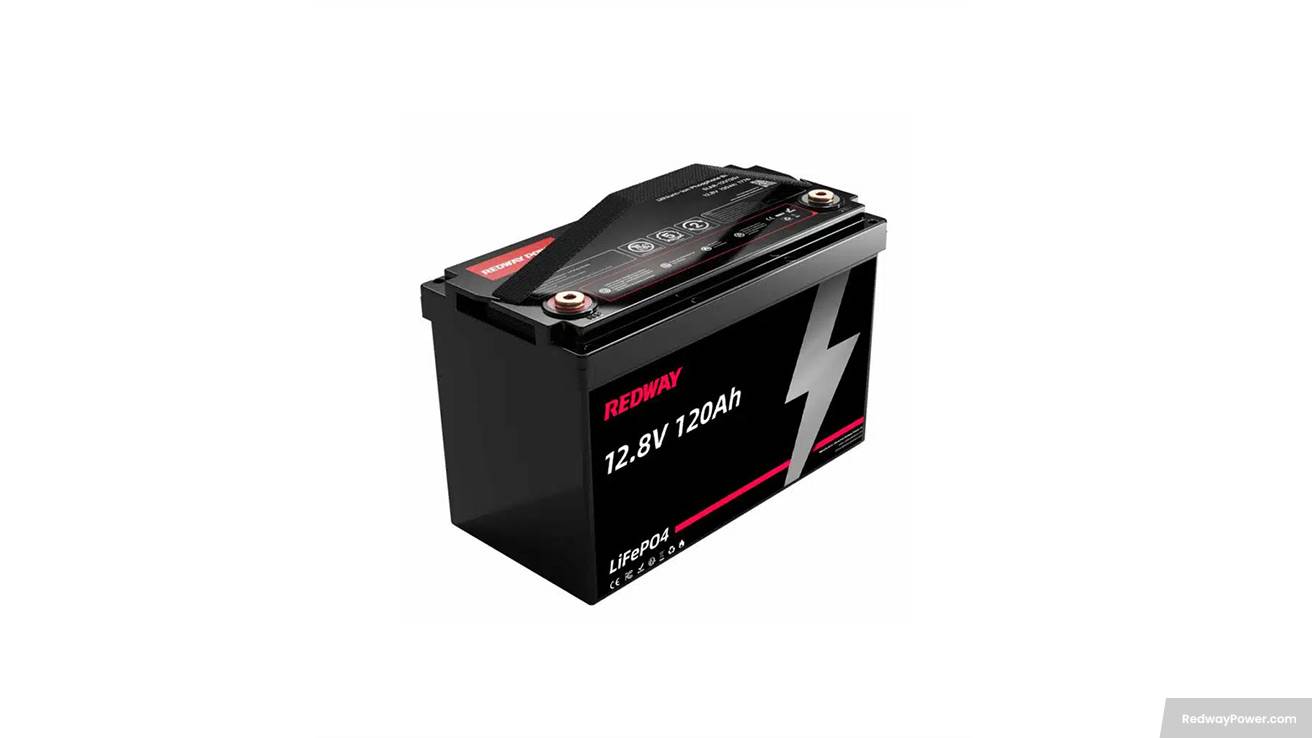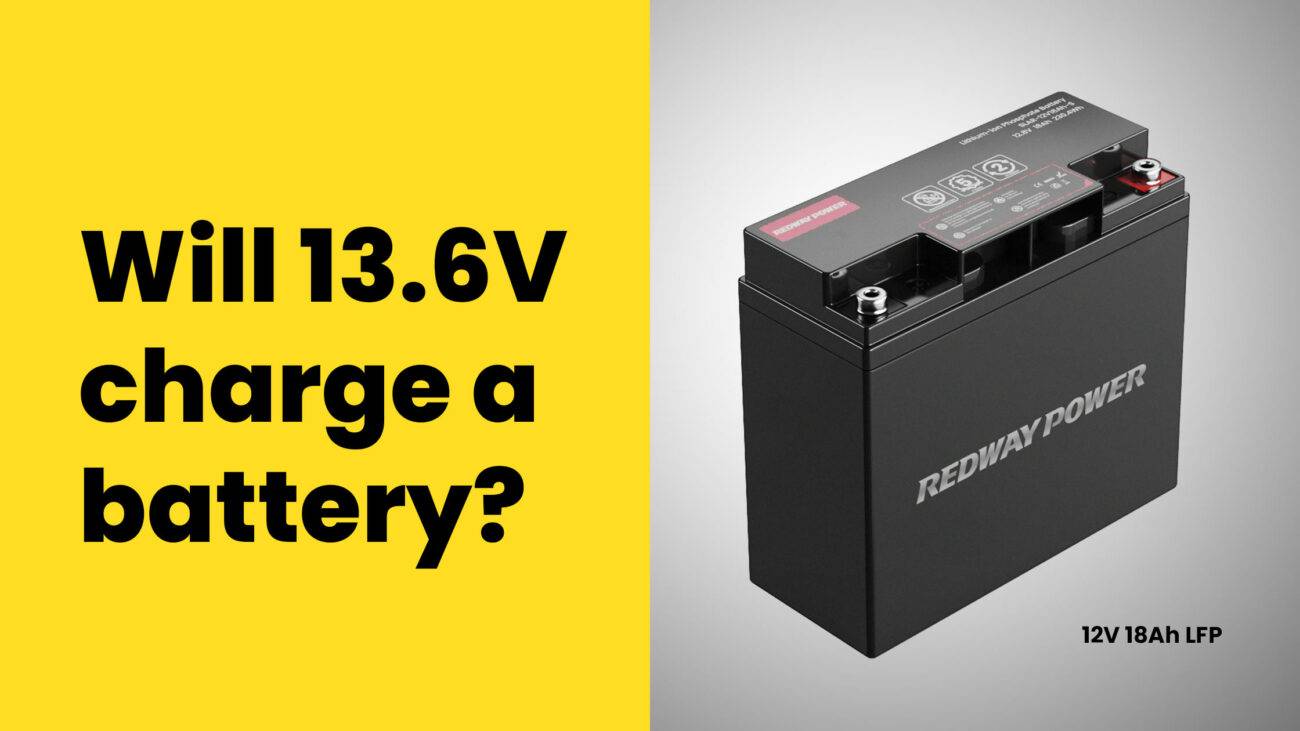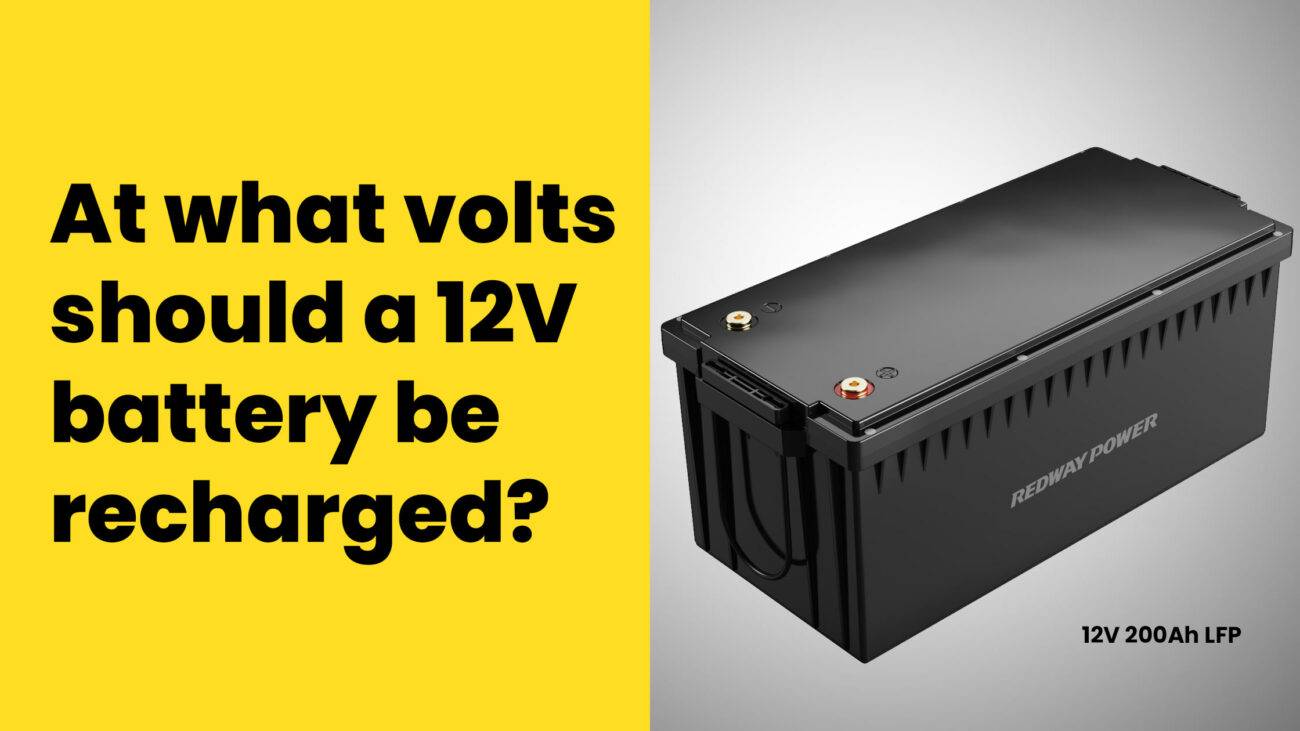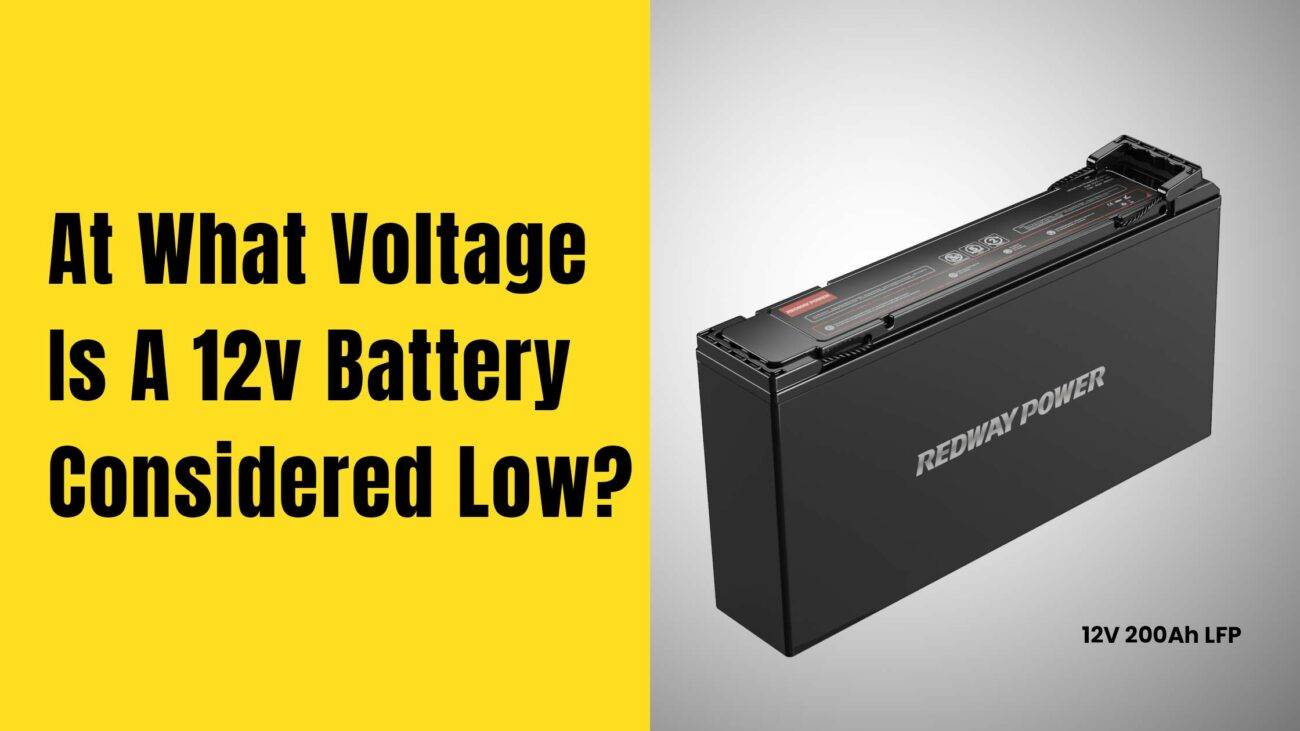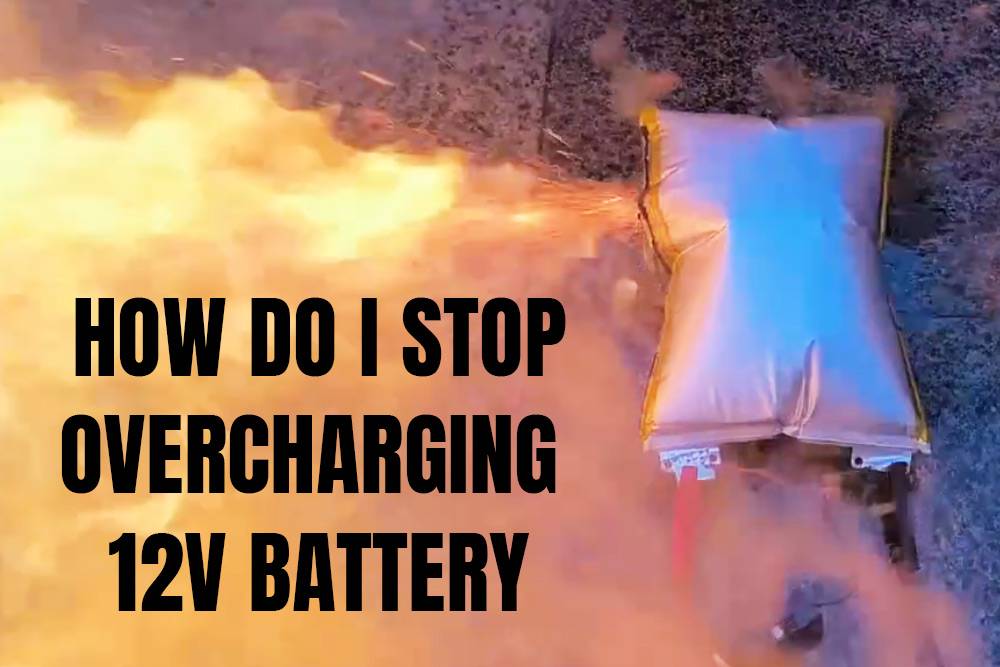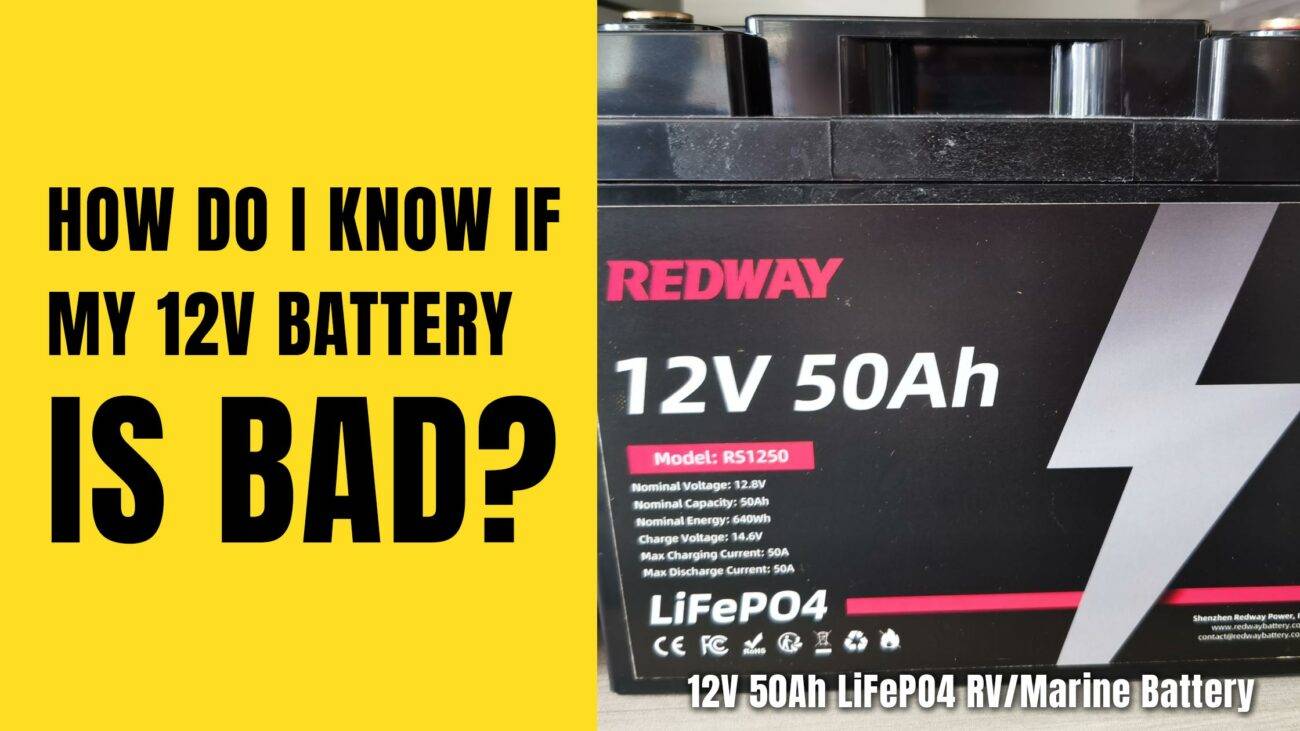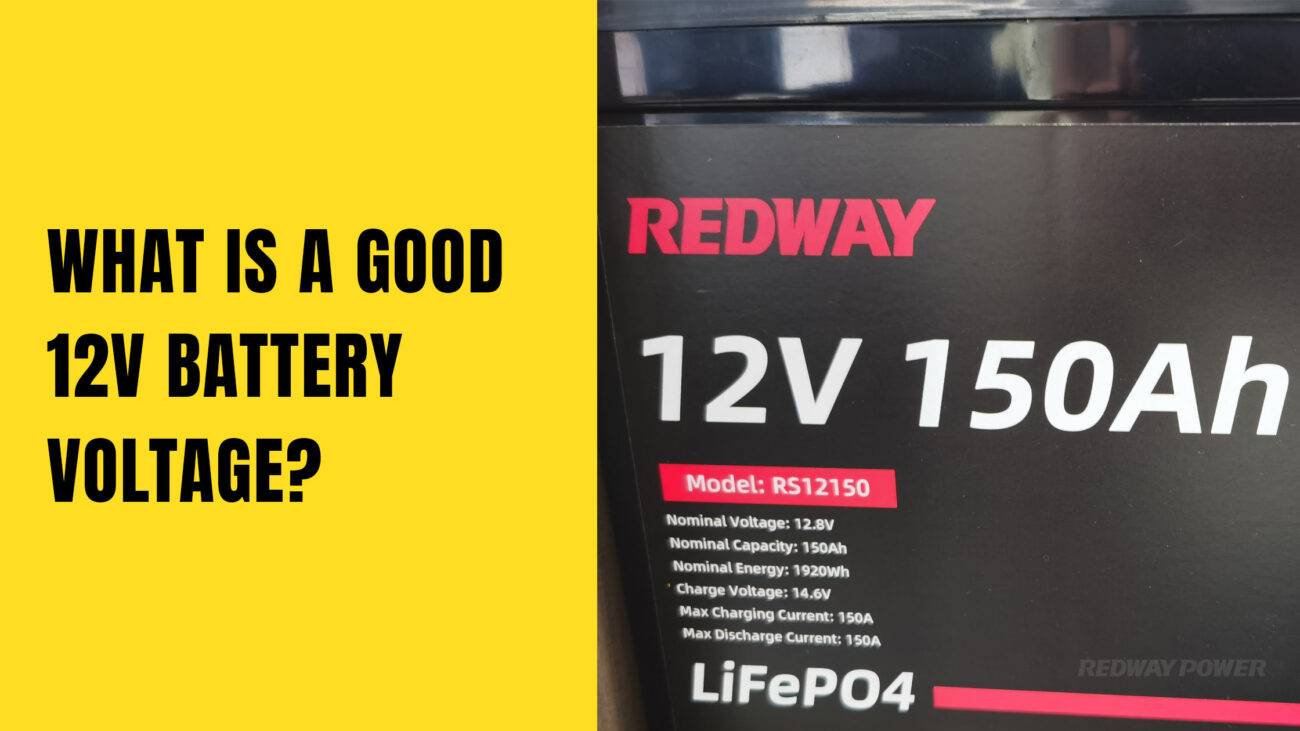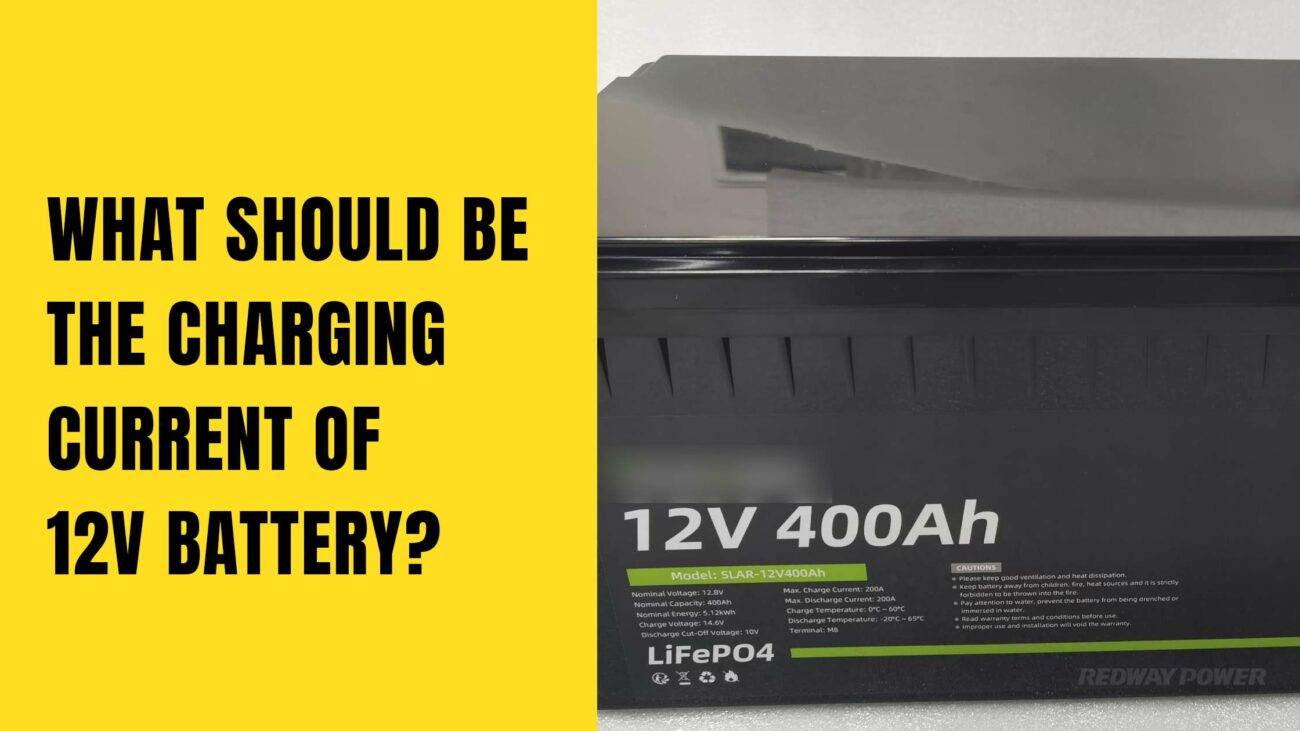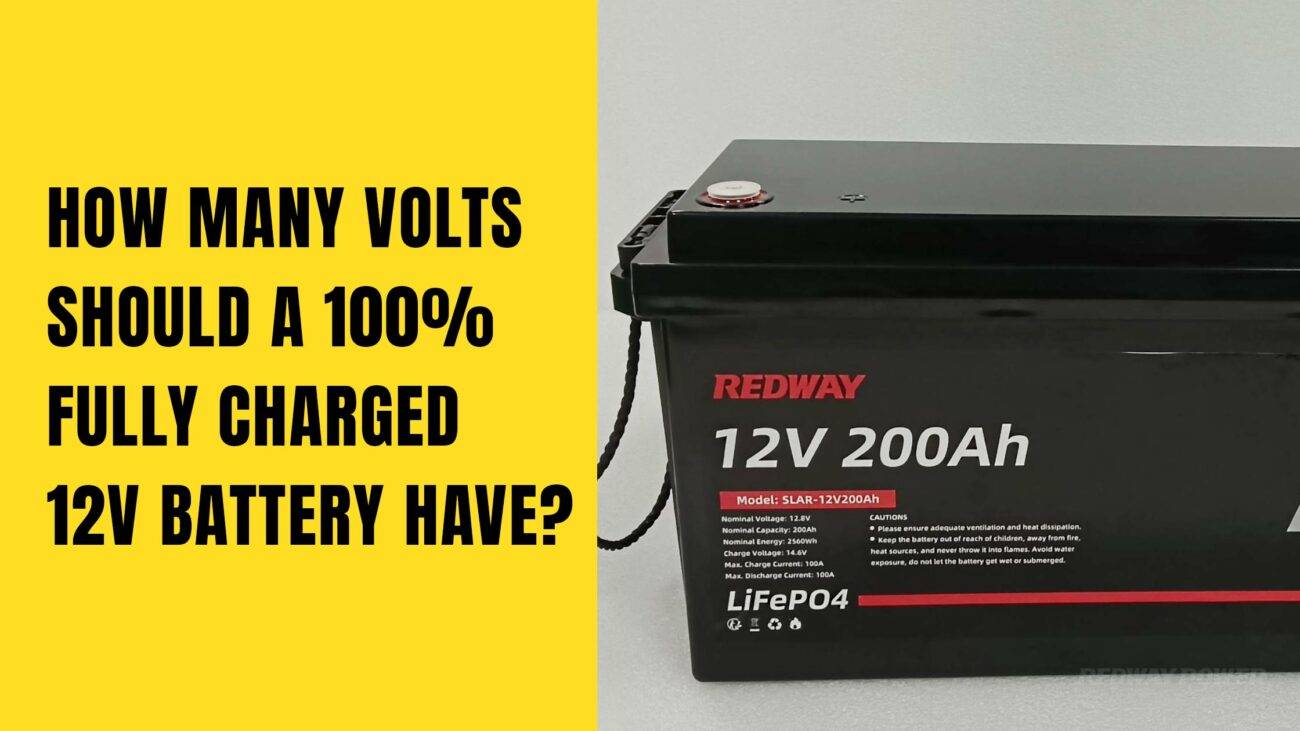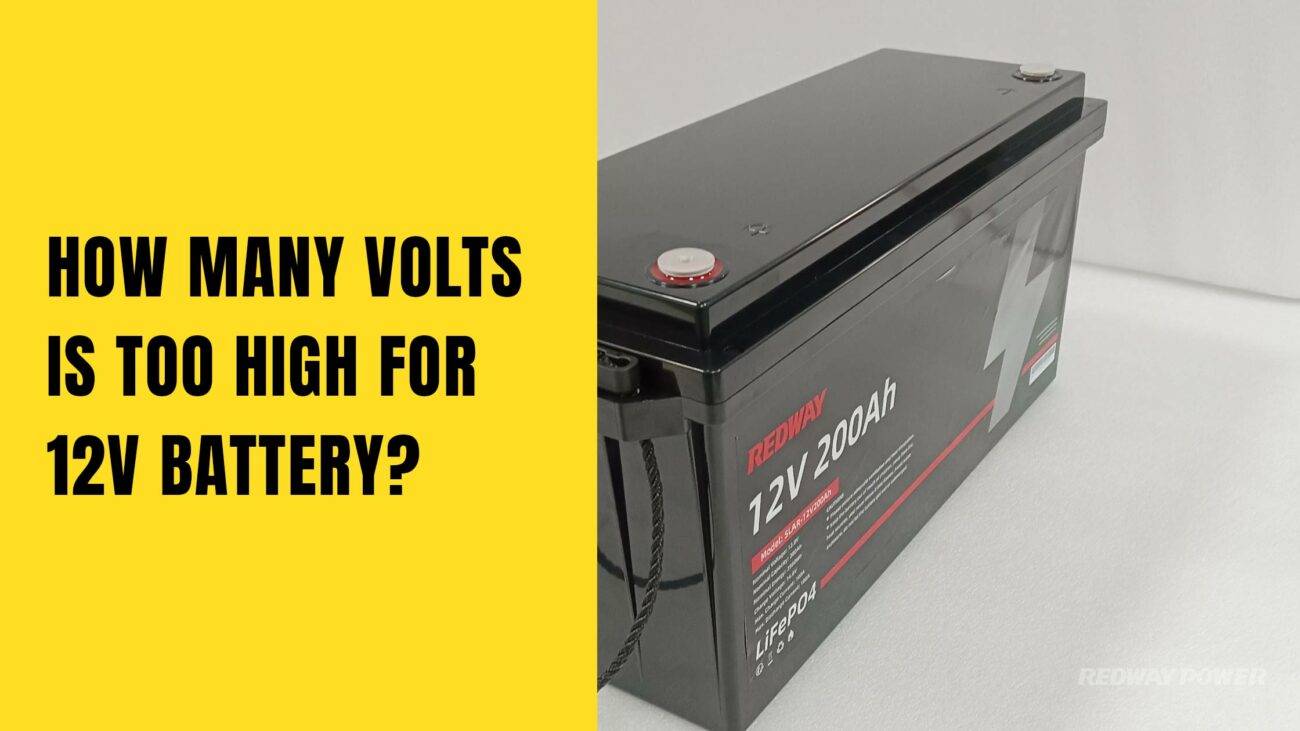- Rack-mounted Lithium Battery
- Golf Cart Lithium Battery
-
Golf Cart Lithium Battery
- 36V 50Ah (for Golf Carts)
- 36V 80Ah (for Golf Carts)
- 36V 100Ah (for Golf Carts)
- 48V 50Ah (for Golf Carts)
- 48V 100Ah (Discharge 100A for Golf Carts)
- 48V 100Ah (Discharge 150A for Golf Carts)
- 48V 100Ah (Discharge 200A for Golf Carts)
- 48V 120Ah (for Golf Carts)
- 48V 150Ah (for Golf Carts)
- 48V 160Ah (Discharge 100A for Golf Carts)
- 48V 160Ah (Discharge 160A for Golf Carts)
-
Golf Cart Lithium Battery
- Forklift Lithium Battery
- 12V Lithium Battery
- 24V Lithium Battery
- 36V Lithium Battery
- 48V Lithium Battery
-
48V LiFePO4 Battery
- 48V 50Ah
- 48V 50Ah (for Golf Carts)
- 48V 60Ah (8D)
- 48V 100Ah (8D)
- 48V 100Ah
- 48V 100Ah (Discharge 100A for Golf Carts)
- 48V 100Ah (Discharge 150A for Golf Carts)
- 48V 100Ah (Discharge 200A for Golf Carts)
- 48V 150Ah (for Golf Carts)
- 48V 160Ah (Discharge 100A for Golf Carts)
- 48V 160Ah (Discharge 160A for Golf Carts)
-
48V LiFePO4 Battery
- 60V Lithium Battery
-
60V LiFePO4 Battery
- 60V 20Ah
- 60V 30Ah
- 60V 50Ah
- 60V 50Ah (Small Size / Side Terminal)
- 60V 100Ah (for Electric Motocycle, Electric Scooter, LSV, AGV)
- 60V 100Ah (for Forklift, AGV, Electric Scooter, Sweeper)
- 60V 150Ah (E-Motocycle / E-Scooter / E-Tricycle / Tour LSV)
- 60V 200Ah (for Forklift, AGV, Electric Scooter, Sweeper)
-
60V LiFePO4 Battery
- 72V~96V Lithium Battery
- E-Bike Battery
- All-in-One Home-ESS
- Wall-mount Battery ESS
-
Home-ESS Lithium Battery PowerWall
- 24V 100Ah 2.4kWh PW24100-S PowerWall
- 48V 50Ah 2.4kWh PW4850-S PowerWall
- 48V 50Ah 2.56kWh PW5150-S PowerWall
- 48V 100Ah 5.12kWh PW51100-F PowerWall (IP65)
- 48V 100Ah 5.12kWh PW51100-S PowerWall
- 48V 100Ah 5.12kWh PW51100-H PowerWall
- 48V 200Ah 10kWh PW51200-H PowerWall
- 48V 300Ah 15kWh PW51300-H PowerWall
PowerWall 51.2V 100Ah LiFePO4 Lithium Battery
Highly popular in Asia and Eastern Europe.
CE Certification | Home-ESS -
Home-ESS Lithium Battery PowerWall
- Portable Power Stations
What is the best voltage for charging a 12V battery?

Batteries power our daily devices, with 12V batteries being common in cars, boats, and more. Ever wondered about the best voltage for charging a 12V battery? Let’s explore this vital aspect, delving into the optimal charging levels for a deeper understanding. Get ready to boost your knowledge about charging 12V batteries!
Understanding Voltage and Its Importance in Charging Batteries
Voltage is a key factor in charging batteries, representing the force driving electrons into the battery. For 12V batteries, understanding the optimal charging voltage is crucial. Let’s explore the essentials and learn how to ensure you’re using the best voltage for charging your 12V battery.
- Battery Types and Specific Voltages: Different 12V battery types, such as lead-acid and lithium-ion, have specific voltage requirements for efficient and safe charging. Refer to your battery manufacturer’s guidelines to determine the correct voltage range.
- Influence of External Factors: Ambient temperature and internal resistance impact the ideal charging voltage. Adjustments may be needed, especially in colder temperatures, where slightly higher voltages might be required for effective charging.
- Avoiding Overcharging and Undercharging: Overcharging leads to heat generation and electrolyte loss, while undercharging results in reduced capacity. Follow manufacturer recommendations, invest in quality chargers with safety features, and monitor charge levels regularly to prevent these issues.
Remember to stay informed about your battery type and adhere to guidelines for optimal performance and longevity.
Types of 12V Batteries and Their Recommended Charging Voltages
Understanding the recommended charging voltages for different types of 12V batteries is crucial for maintaining optimal performance and durability. Let’s explore the charging voltage requirements for various 12V battery types:
- Lead Acid Batteries: Commonly used in automotive applications, lead acid batteries thrive on a charging voltage range of around 13.8-14.4 volts. Careful monitoring during charging is essential to prevent overcharging and potential damage.
- AGM Batteries: Absorbent Glass Mat (AGM) batteries, known for their high performance, typically require a slightly higher charging voltage range of around 14-14.6 volts to ensure efficient charging. Monitoring voltage levels is key for these sealed maintenance-free batteries.
- Gel Batteries: Gel batteries, with spill-proof and vibration-resistant features, prefer a lower recommended charging voltage range of around 13.6-14 volts. This range helps prevent overheating and damage to the gel electrolyte.
- Lithium-ion Batteries: Lithium-ion (Li-ion) batteries, prized for their lightweight design, demand precise charging control. Following manufacturer guidelines is crucial to avoid safety hazards, as overcharging or incorrect voltages can pose risks. Always refer to specific Li-ion battery models for accurate voltage ranges.
Remember to consider factors like ambient temperature and refer to the manufacturer’s documentation for precise charging voltage recommendations tailored to your specific 12V battery type.
Factors to Consider When Choosing the Best Voltage for Charging a 12V Battery
Choosing the best voltage for charging a 12V battery involves considering multiple factors to ensure optimal performance and longevity. Let’s explore the key considerations:
- Battery Chemistry: Different battery types (lead-acid, lithium-ion, gel-cell) have specific voltage requirements for efficient charging. Consult the manufacturer’s guidelines to determine the precise voltage suitable for your battery type.
- State of Charge (SOC): The battery’s current charge level influences the required voltage. A fully discharged battery may need a higher initial voltage, while a partially charged or well-maintained battery may suffice with a lower voltage for charging.
- Temperature Influence: Temperature plays a crucial role, with colder temperatures requiring slightly higher voltages and hotter temperatures needing slightly lower voltages. Monitoring and adjusting charging voltage based on temperature conditions is essential for efficient charging.
- Charger Capabilities: Consider the capabilities and limitations of your charger. Some chargers offer adjustable output voltages, providing flexibility to tailor the charging voltage to the specific needs of your 12V battery.
- Safety Precautions: Always prioritize safety when dealing with electrical equipment and batteries. Follow proper handling procedures, wear protective gear, work in well-ventilated areas, and disconnect power sources before making any adjustments or performing maintenance.
By integrating these factors, such as battery chemistry, state of charge, temperature conditions, charger capabilities, and safety precautions, you can confidently select an appropriate charging voltage that maximizes both performance and longevity for your 12V battery.
The Effects of Overcharging or Undercharging a 12V Battery
Overcharging or undercharging a 12V battery can significantly impact its performance and lifespan. Let’s explore the effects of these scenarios:
- Overcharging: When a 12V battery is overcharged, excessive voltage over an extended period causes accelerated chemical reactions, leading to heat buildup. This heat damages internal components, reducing the battery’s overall lifespan. Choosing the right charging voltage and closely following manufacturer recommendations is crucial to prevent overcharging.
- Undercharging: Undercharging happens when a 12V battery doesn’t receive sufficient voltage during charging, resulting in incomplete recharging cycles. This leads to reduced capacity and sulfation, where sulfur compounds accumulate on electrodes, diminishing their effectiveness. To avoid irreversible damage, it’s essential to match the charging voltage with the battery type and adhere to manufacturer guidelines.
- Preventive Measures: Regularly monitor battery charge levels using suitable tools like voltmeters or chargers with automatic shut-off mechanisms. By maintaining optimal charging voltages, you safeguard your 12V batteries, ensuring maximum performance and longevity while preventing the detrimental effects of overcharging and undercharging.
Tips for Properly Charging a 12V Battery at the Right Voltage
To ensure the proper charging of your 12V battery and maximize its lifespan, follow these essential tips:
- Check Manufacturer’s Specifications: Before charging, consult the manufacturer’s guidelines for specific voltage requirements. Each battery type has unique specifications crucial for optimal charging.
- Use a Compatible Charger: Invest in a high-quality charger designed for 12V batteries. Look for features like automatic voltage detection and temperature compensation to prevent overcharging and ensure safe and effective charging.
- Set Correct Voltage: Configure your charger to deliver the recommended charging voltage for your battery type. This information is typically found in the user manual or on the battery itself.
- Monitor During Charging: Regularly check the charging progress, especially if your charger has indicators. This helps you know when the battery is fully charged or if there are any issues in the process.
- Avoid Extreme Temperatures: Charge your 12V battery in moderate temperature conditions. Extreme temperatures, whether too high or too low, can adversely impact performance and longevity.
By adhering to these tips, you’ll charge your 12V battery at the right voltage, ensuring optimal performance and extending its overall lifespan.
Frequently Asked Questions About Charging 12V Batteries
When it comes to charging 12V batteries, it’s crucial to address common queries for optimal battery care. Here are concise answers to frequently asked questions:
- Overcharging Consequences: Overcharging leads to premature 12V battery failure, causing excessive heat, water loss, and accelerated internal component deterioration.
- Undercharging Risks: Undercharging results in sulfation, forming sulfur crystals on plates, reducing charge-holding capacity, and degrading overall performance.
- Charging Time Estimates: Charging time varies based on battery capacity, charger current rating, and initial charge status. Generally, it takes several hours to overnight for a full recharge.
- Leaving Battery Connected: Avoid leaving your 12V battery connected to a charger indefinitely, as continuous trickle charging beyond optimal levels may lead to overcharging or damage.
- Voltage Compatibility Caution: Always adhere to manufacturer-recommended charging voltages for your specific 12V battery type. Using voltages outside these limits can cause irreversible damage.
Remember: Consult your product manual or seek professional advice to ensure proper charging practices and maximize the longevity of your valuable 12V batteries.














